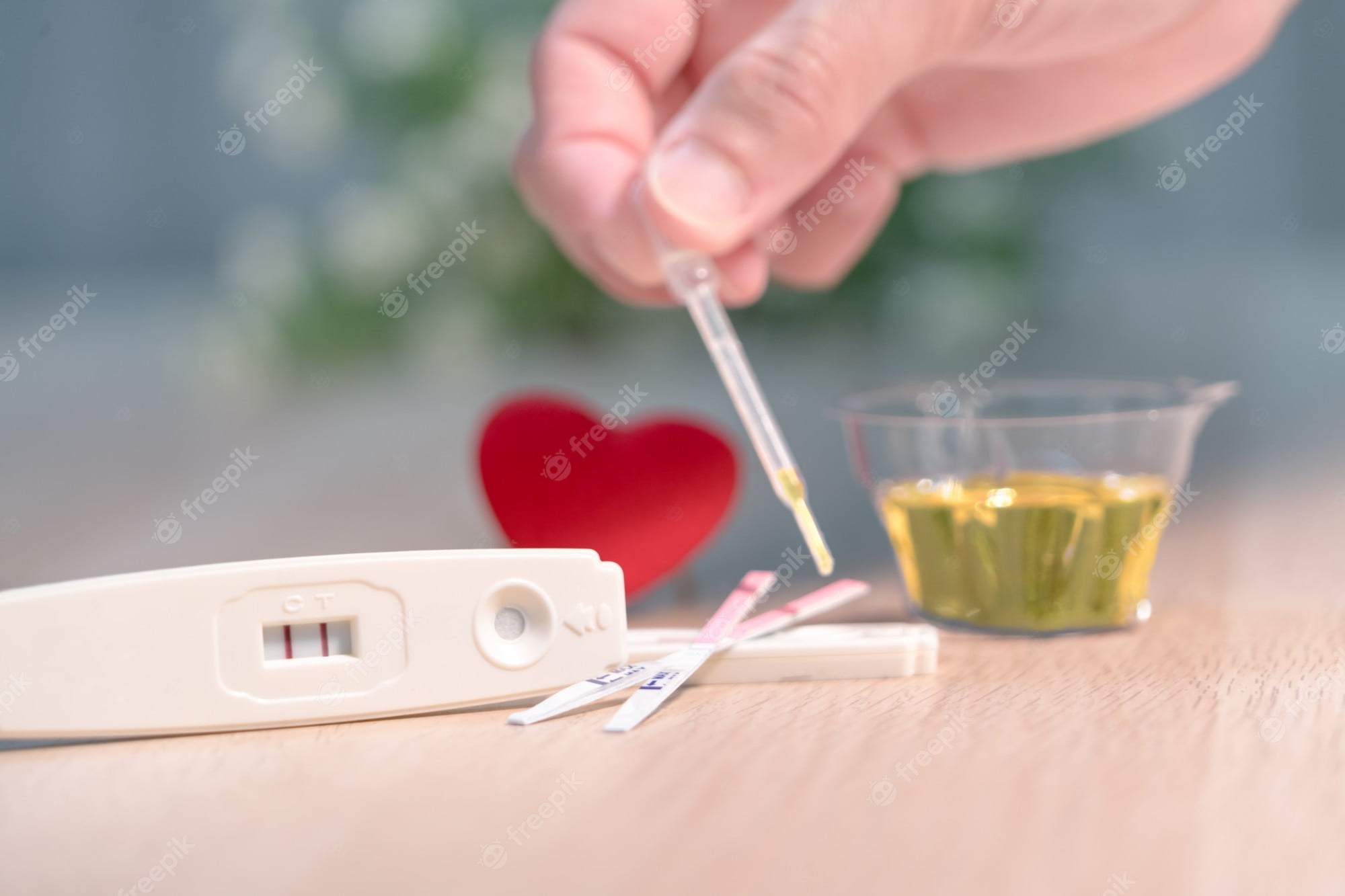
Contents
- 1 Introduction
- 2 The Basics of Pregnancy Tests
- 3 Can You Pee on a Pregnancy Test Twice?
- 3.1 First Test, Positive Result
- 3.2 The Validity of the First Test
- 3.3 Reasons to Retest
- 3.3.1 1. Doubt: If you can’t believe the initial positive result, taking a second test might help reassure you.
- 3.3.2 2. Time Gap: If there’s a significant time gap between the first test and your doctor’s appointment, taking another test can provide updated information.
- 3.3.3 3. Confirmation: Some individuals prefer to confirm a positive result with multiple tests for peace of mind.
- 4 Taking a Second Pregnancy Test
- 4.1 Steps to Follow
- 4.1.1 1. Wait a Few Days: It’s recommended to wait a few days or a week before taking a second test. This allows hCG levels to increase if you are indeed pregnant.
- 4.1.2 2. Use a Different Brand: If you used a strip test for the first test, try a digital one for the second. This can offer a different way of confirming your pregnancy.
- 4.1.3 3. Morning Urine: For the most accurate results, use your first-morning urine. It is typically more concentrated and contains higher levels of hCG.
- 4.2 What If the Second Test Differs?
- 4.1 Steps to Follow
- 5 Conclusion
- 6 FAQs (Frequently Asked Questions)
- 6.1 1. Is it common to doubt the results of a pregnancy test?
- 6.2 2. How soon can I take a second pregnancy test after the first?
- 6.3 3. Can stress or medications affect the accuracy of a pregnancy test?
- 6.4 4. Are digital pregnancy tests more accurate than strip tests?
- 6.5 5. What should I do if I get conflicting results from two pregnancy tests?
Introduction
Pregnancy tests have been a crucial tool for individuals seeking to confirm or rule out pregnancy. But what happens if you’re unsure about the result or want to recheck? Can you pee on a pregnancy test twice? In this article, we will explore this common query and provide you with valuable insights on the matter.
The Basics of Pregnancy Tests
Before delving into the question of taking a pregnancy test twice, let’s first understand how these tests work. Most pregnancy tests, whether they are traditional strip tests or digital ones, detect a hormone called human chorionic gonadotropin (hCG) in your urine. This hormone is produced by the placenta shortly after a fertilized egg attaches to the uterine lining.
Can You Pee on a Pregnancy Test Twice?
First Test, Positive Result
If you’ve taken a pregnancy test and received a positive result, congratulations! You are likely pregnant. However, if you’re like many people, you may have a few lingering doubts or questions. Can you trust the first test entirely? Is it necessary to take another one?
The Validity of the First Test
The first pregnancy test you take is usually reliable. Modern pregnancy tests are highly accurate, with a very low chance of producing a false positive result. The chances of two different pregnancy tests, from different manufacturers, being incorrect are exceptionally slim.
Reasons to Retest
Despite the reliability of pregnancy tests, some circumstances might prompt you to retest:
1. Doubt: If you can’t believe the initial positive result, taking a second test might help reassure you.
2. Time Gap: If there’s a significant time gap between the first test and your doctor’s appointment, taking another test can provide updated information.
3. Confirmation: Some individuals prefer to confirm a positive result with multiple tests for peace of mind.
Taking a Second Pregnancy Test
Steps to Follow
If you decide to take a second pregnancy test, follow these steps for accurate results:
1. Wait a Few Days: It’s recommended to wait a few days or a week before taking a second test. This allows hCG levels to increase if you are indeed pregnant.
2. Use a Different Brand: If you used a strip test for the first test, try a digital one for the second. This can offer a different way of confirming your pregnancy.
3. Morning Urine: For the most accurate results, use your first-morning urine. It is typically more concentrated and contains higher levels of hCG.
What If the Second Test Differs?
If the second pregnancy test produces a different result from the first, it’s essential to consult with a healthcare professional. They can perform a blood test, which is even more accurate than urine tests, and provide guidance on your pregnancy status.
Conclusion
In conclusion, while it is not necessary to pee on a pregnancy test twice, there are valid reasons why someone might choose to do so. Pregnancy tests are generally reliable, but doubts and uncertainties can arise. If you find yourself in this situation, follow the guidelines mentioned above to ensure accurate results and seek medical advice if needed.
FAQs (Frequently Asked Questions)
1. Is it common to doubt the results of a pregnancy test?
Yes, many individuals experience doubt or uncertainty, especially when it’s their first pregnancy.
2. How soon can I take a second pregnancy test after the first?
It’s best to wait a few days or a week between tests to allow hCG levels to rise if you are pregnant.
3. Can stress or medications affect the accuracy of a pregnancy test?
Stress and certain medications can potentially impact the results, but modern pregnancy tests are designed to minimize these factors.
4. Are digital pregnancy tests more accurate than strip tests?
Digital tests may offer easier-to-read results, but both types can be accurate if used correctly.
5. What should I do if I get conflicting results from two pregnancy tests?
Consult a healthcare professional for a blood test, which provides the most accurate confirmation of pregnancy status.




